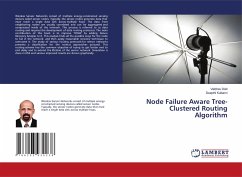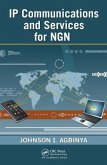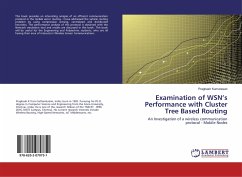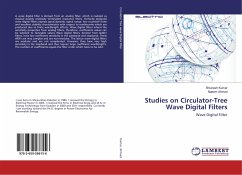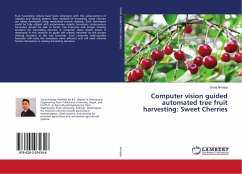Wireless Sensor Networks consist of multiple energy-constrained sensing devices called sensor nodes. Typically, the sensor nodes generate data that must reach a single data sink across multiple hops. The data from neighboring nodes are usually correlated and can be aggregated and compressed inside of the network. This process is referred to as data routing and requires the development of data routing protocols. The main contribution of this book is to improve TCDGP by adding Failure Recovery Analysis to it. This analysis finds all the possible ways for the node to fail in the network, and then apply reasonable recovery technique to overcome it. The study of various routing protocols for sensor networks presents a classification for the various approaches pursued. This routing scheme has the common objective of trying to get better end to end delay and to extend the lifetime of the sensor network. Simulation is done in NS2 and various improved results are shown graphically.
Hinweis: Dieser Artikel kann nur an eine deutsche Lieferadresse ausgeliefert werden.
Hinweis: Dieser Artikel kann nur an eine deutsche Lieferadresse ausgeliefert werden.

